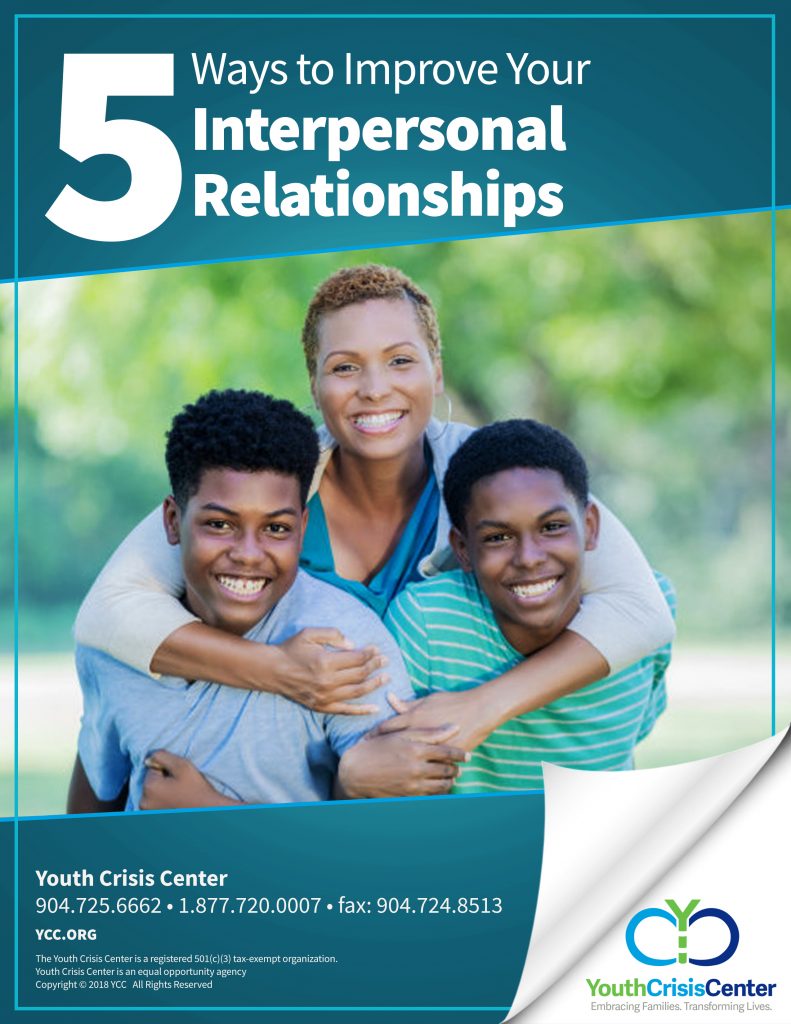The holiday season is now in full swing, and some people are probably counting down until their long weekend or the vacation they have been waiting all year for. The end of the year can also signal a race to the finish line, as employees work to meet their deadlines to get everything done before the New Year. During this time, employees might try to juggle different projects at once or work overtime to make sure their deadlines are met. Workers could find themselves dealing with stress and burnout in the workplace if they try to add more tasks than they can handle.
There are several ways to keep your holiday stress in check at the workplace, as you try to avoid burnout.
Kristen Wendle, the Director of Human Resources at the Youth Crisis Center has three tips for workers on how to avoid burn out during this time.
Prioritize
Wendle says she wants employees to prioritize and organize their work. She says this is important because the end of the year does typically bring projects and deadlines.
“With the holiday season already being a stressful time for many, let’s encourage a more de-stress work approach and ask that employees prioritize and communicate realistic and unrealistic deadlines.”
She explains not all projects and positional responsibilities require things to be finished before the clock strikes midnight on January 1st. Wendle also encourages staff to talk with their supervisor and set a realistic deadline to get projects done by. For tasks that need to be completed during this time of the year, Kristen Wendle recommends taking a morning or afternoon to map out the next five weeks. This time can also be used to set goal dates for each week. This is a habit that can also benefit work-life but also someone’s personal life.
Personal Time
Director of Human Resources at YCC, Kristen Wendle strongly encourages employees to take some personal time. Holidays not only bring stress but can impact anxiety and depression levels. Wendle says it’s very important for employees and staff to slow down and take time to focus on themselves.
“If everyone is always going 100 mph, people aren’t putting enough focus on themselves to take a break, relax, and address anything that is going on internally.”
It’s a suggestion Outpatient Therapist Ronville Bertie also agrees with. If taking time off is not possible, he recommends making the most out of a lunch break.
“It is essential to leave the office environment at lunch to rejuvenate.”
Going back to Kristen Wendle’s first point about prioritizing, Bertie says keeping up with tasks is necessary, especially if someone is taking time off for the holidays. He explains it is best to keep up with your work, so you’re not swamped when you return. By prioritizing, employees are also able to get the most out of their time off; without worrying about work and can use that time to create memories with family and reconnect.
Say the Word ‘No’
One of the last things Wendle wants employees to take to heart is to not over-commit during this time of the year. She says this goes along with her first point, about prioritizing and organizing the coming weeks.
“Saying ‘no’ is sometimes healthy.”
This doesn’t just apply to the workplace, it is important to not overcommit financially to holiday spending. This can also be applied to overcommitting socially, such as going to parties and taking trips. Human Resource Director Kristen Wendle, says employees can limit their chaos by saying “no” when they want to.
Youth Crisis Center’s Outpatient Behavioral Health Program
Founded in 1974 as Florida’s first runaway program, Youth Crisis Center has grown to one of the largest and best-known providers of services for youth and families. YCC’s emphasis on care is for those who have been exposed to traumatic situations such as divorce, homelessness, relocation, loss of life, bullying and abuse. YCC provides a variety of services for children, adolescents, young adults, parents, and families.
The Outpatient program at the Youth Crisis Center provides comprehensive mental health and psychiatric care to kids as young as 3-years-old and their families. Parents may receive individual and family counseling regardless if their child is a client at the Youth Crisis Center.


